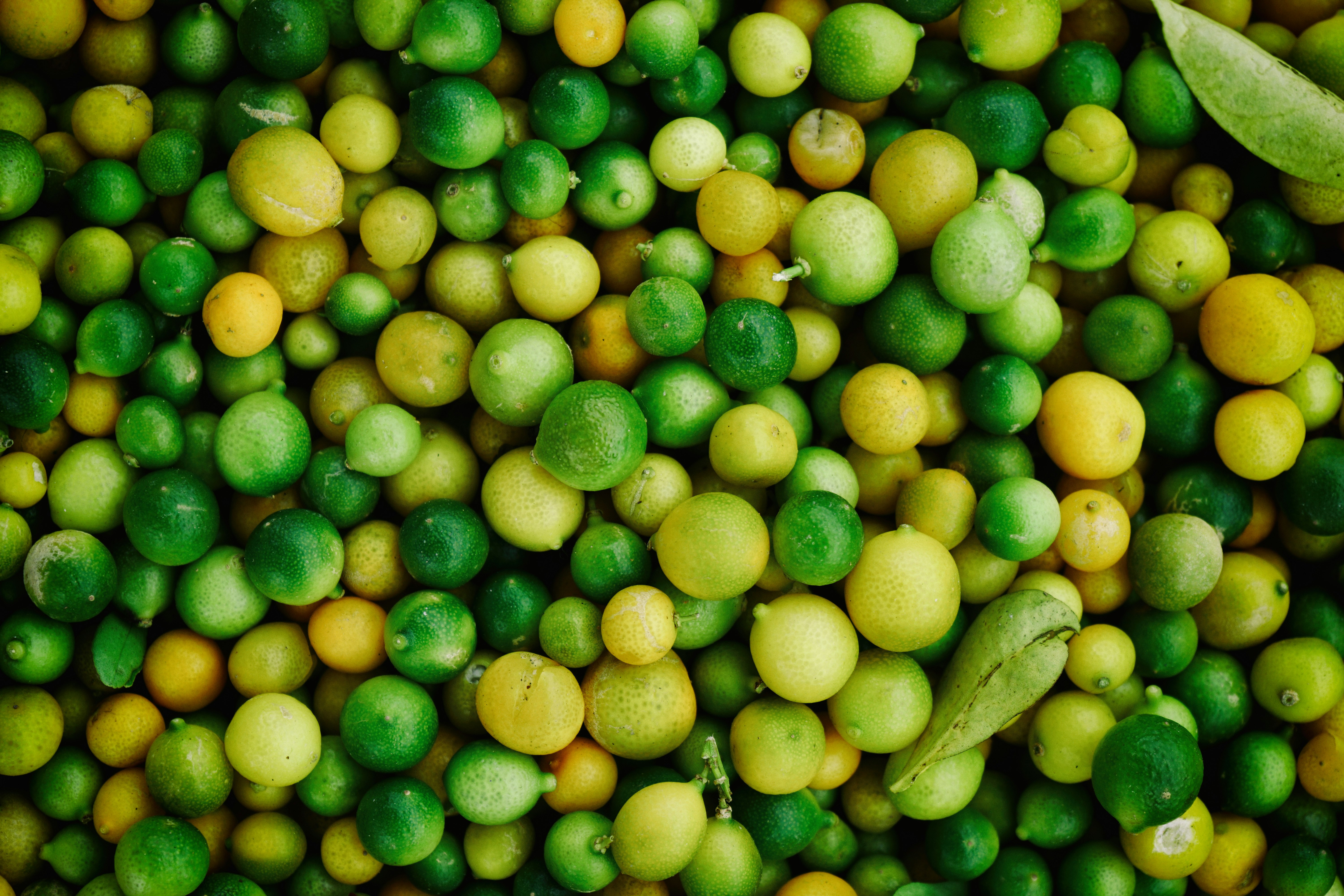Producing food takes a lot of energy regardless of where it comes from, but some foods require a lot more input than others. In general it takes way more energy to feed people meat than it does a plant based diet because the animals need to be fed before they are slaughtered. A meat diet impacts the environment in a negative way.
Fret not though as you can greatly lower your carbon emissions by just eating less meat. It’s easy to be vegetarian, and it’s even easier to slowly transition to a plant focussed diet. Furthermore, not only is switching to a primarily plant based diet good for the planet it is also good for your health. It’s a simple way to make the world and yourself better.
If the global population followed the health eating guidelines published by the World Cancer Research Fund International and World Health Organization, greenhouse gas (GHG) emissions would drop 29 per cent compared to the baseline scenario. The elimination of red meat and poultry entirely would lower emissions by 55 per cent, while a vegan diet would reduce them by 70 per cent. Rates of early mortality would also decline by 6 to 10 per cent, depending on the scenario.
Read more.
Thanks to Delaney!
